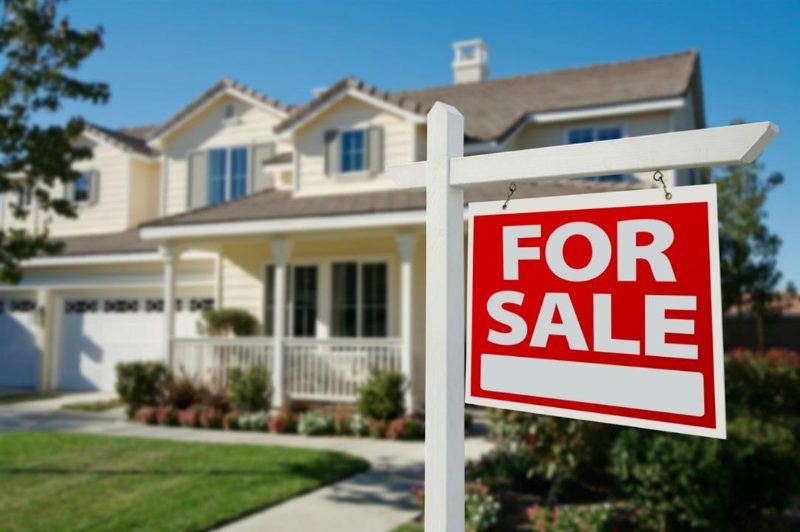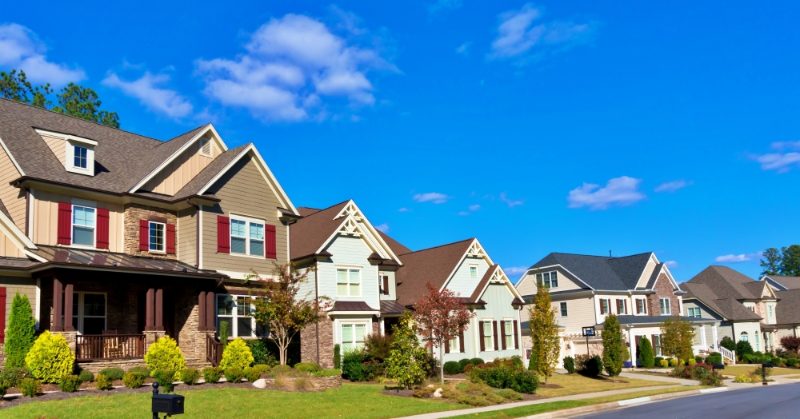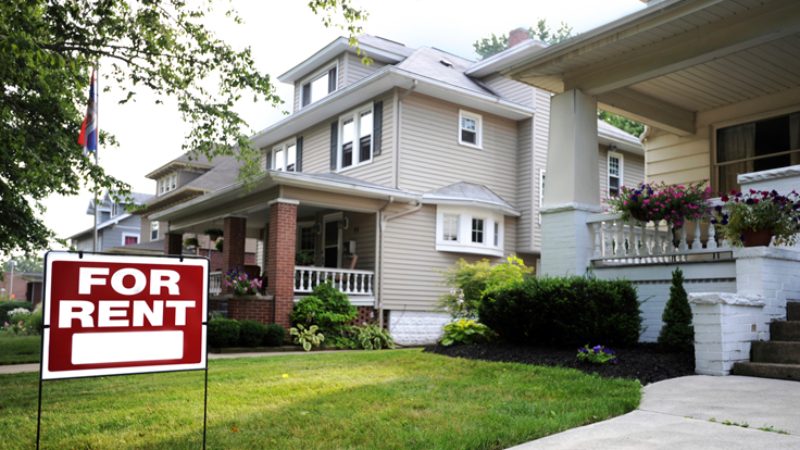Get free consultation
Fill out the form and we will contact you
Buying a house in the United States is an important decision, requiring buyers to understand the legal and financial processes as well as the characteristics of the real estate market in each state. For Vietnamese residents in the U.S., mastering home-buying experience can help save costs, avoid risks, and choose suitable properties. So what should you prepare? Should you buy through a real estate agent? And what are the most important considerations when buying a house in the U.S.? See detailed home-buying tips below.
Buying a house in the United States is one of the key steps to settling down, especially for Vietnamese immigrants or investors in the country. With a diverse and complex real estate market, understanding home-buying experience helps you avoid legal and financial risks and select a house that meets your needs.
Learn home-buying experience in the U.S. carefully
Moreover, owning real estate in the United States not only provides an ideal place to live but also offers investment opportunities, especially in areas with large Vietnamese communities such as California or Texas (approximately 2 million Vietnamese residents).
Note that buying a house in the U.S. does not automatically grant a green card or residency rights. For long-term immigration, you need to participate in programs such as EB-5 (investment), EB-3 (employment), or family sponsorship. However, buying a house can support the integration process and provide stability before arriving in the U.S.
According to the National Association of Realtors (NAR), the average house price in the U.S. in 2025 ranges from 400,000 USD to 1.2 million USD, depending on the area, property type, and factors such as quality of life, population density, or tax policies. Some examples include:
New York: Average price around 700,000 USD to 3,000 USD/m², the most expensive area.
California (Bay Area, Los Angeles): Average price 800,000–1.5 million USD for urban homes.
Texas (Austin, Dallas): Average price 350,000–600,000 USD, suitable for Vietnamese investors or residents.
Suburban areas (Wyoming, Arkansas): Lowest prices, around 250,000–350,000 USD.
Florida (Tampa, Miami): Average price 400,000–700,000 USD, attractive for its warm climate and large Vietnamese community.
According to Fitch forecasts, U.S. house prices in 2025 are expected to rise by about 4% compared to 2024 due to high demand and mortgage rates at 6–7%. Additionally, other costs such as property taxes (around 1–2% of the home value per year), insurance, and maintenance (lawn care, trash disposal) should be included in the budget.
The average house price in the United States in 2025 ranges from 400,000 USD to 1.2 million USD
Below are essential steps and tips for buying a house in the United States, helping Vietnamese buyers prepare effectively:
Goals: Are you buying a house to live in, invest, or rent out? For example, houses near schools (Washington, Texas) are suitable for families with young children, while California and New York are ideal for business investment.
Budget: Evaluate your financial capacity, including annual income (at least 51,000–200,000 USD for mortgage payments). If buying on credit, a down payment of 20–35% of the house value is required, and monthly payments should not exceed 35% of your income.
Use reputable websites such as Zillow or Realtor.com to compare house prices and market trends.
Prioritize areas with Vietnamese communities like Little Saigon (California) or Houston (Texas) for easier integration.
Consider factors such as safety, schools, transportation, and potential property appreciation..
There are three main options:
Paying 100% in cash: Suitable for investors or businesses.
Mortgage through a bank: Requires stable income, good credit score (at least 720), and permanent resident/citizen status. Loan terms range from 15–30 years, with interest rates of 5–7%.
Mortgage under someone else’s name: Common for Vietnamese without a green card but requires careful legal checks.
Nearly 90% of home transactions in the U.S. are conducted through agents. Choose a reputable agent experienced with foreigners via platforms like Zillow or community referrals.
Agents help find houses, negotiate prices, and handle legal procedures, potentially saving 20,000–50,000 USD during negotiations.
Hire a home inspector (cost 300–1,000 USD) to check quality, equipment, and technical issues.
Review the sales contract to ensure there are no unfavorable terms. If buying from Vietnam, consider a trusted company like Custom Invest for legal support.
Sign the sales contract and pay fees (title insurance 0.5–1%, transfer fees).
If buying with a mortgage, prepare financial documents (income, credit score, debts) for bank loan approval.
No green card guarantee: Buying a house does not ensure residency. For immigration, explore programs such as EB-5 (investment from 800,000 USD) or EB-3.
Language: Have a good command of English to conduct transactions and read contracts, avoiding risks due to language barriers.
Timing: Spring and summer (March–April) have more houses on the market but higher competition.
Taxes and costs: In addition to the house price, consider property taxes, maintenance fees, and public costs (approximately 400 USD/month for a 300,000 USD house).
Contact Quoc Tich Thu Hai at quoctichthuhai.com for detailed consultation on home buying and U.S., European, or Caribbean immigration programs.
Contact Quoc Tich Thu Hai for detailed consultation on buying a house in the U.S
Contact information:
QUỐC TỊCH THỨ HAI
- Website: https://quoctichthuhai.com/
- Email: contact.quoctichthuhai.com@gmail.com
- Hotline: 0982992958
- Address: 2 Lương Định Của, An Phú, quận 2, Hồ Chí Minh, Việt Nam
- Fanpage: https://www.facebook.com/quoctichthuhai
Fill out the form and we will contact you



